Mozambique: Prime Minister heads to China for Global Leaders’ Meeting on Women in Beijing
Comment: Marromeu – Widening divisions – By Joseph Hanlon
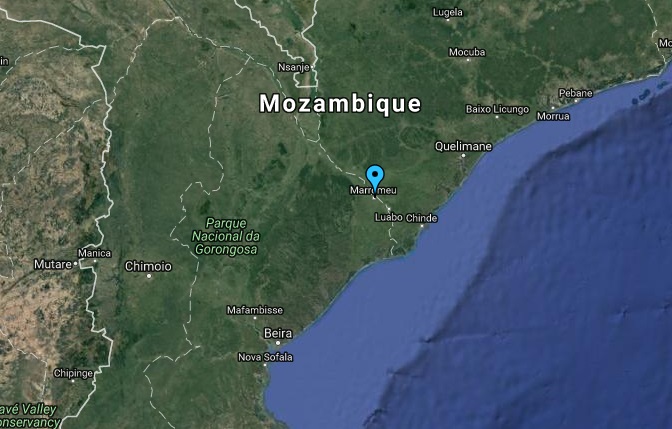
File photo
Marromeu, Sofala, shows the divisions that need to be bridged to settle the current conflict. This is a very divided city and the formal statement to President Filipe Nyusi when he visited on 23 August was carefully crafted to be neutral: “Mr President, the population of Marromeu wants peace and not war because peace is the guarantee of our well being. Enough of war and misunderstanding between brothers. We have unforgettable memories of the 16 year war and do not want this scenario repeated.” (O Pais 24 Aug, but not published in Noticias) The stress on brothers clearly puts responsibility on both sides. But Nyusi’s response was to blame Renamo and to say the government would defend the people of Marromeu against Renamo.
Municipal election results show that Marromeu is divided between the opposition and Frelimo. In the 2003 elections the Renamo candidate was elected president (mayor) by just 1 vote, while Frelimo won a majority in the assembly by just 17 votes, leading to the first city with an administration split between two parties.
And there is a very strong suggestion that Frelimo stole the 2013 municipal elections from the MDM. (Renamo did not stand) One of the frauds we have confirmed in Mozambican elections has been polling station staff invalidating opposition ballot papers by adding a second ink mark. Illiterate voters do make mistakes and in a normal election there are about 4% invalid votes, and in the 2008 municipal elections in Marromeu invalid votes were under 5%. In the 2013 election the Frelimo candidate beat the MDM candidate by 3.3% of the vote, but there were 10.9% invalid votes – unbelievably high. The difference between the two candidates was 283 votes, but the results suggest that more than 600 ballot papers were falsely invalidated – presumably votes for the MDM. For municipal assembly there were 12.5% invalid votes – much higher than any other municipality. Of course this is not proof, but it is highly suggestive, because there seems no reason why the voters of Marromeu would be so much more likely to spoil their ballot papers in 2013 than in 2008. (For a more detailed explanation, see Mozambique Political Process Bulletin 54 and 56 on the 2013 and 2014 elections.)
Comment: In Colombia the government and FARC rebels signed a peace deal on 24 August, after four years of negotiation in Havana. Three aspects of the negotiations were significant. First, both sides had new leaders who were not tied to earlier rigid positions, a new president Juan Manuel Santos, and a new head of FARC, Timochenko. Second, both sides realised they could not win the war and needed a settlement. Third, they did not use high profile mediators. Once the two new leaders decided they needed to talk, they also took a nationalist line that the war had to be ended by Colombians. They used Cuba and Norway as facilitators and to provide resources for the extended talks, and did turn to them for suggestions and technical help. But Cuba and Norway (and eventually other outside experts) only responded when requested and never took the lead. An interesting final point is that the agreement will be put to a referendum – a gamble because there is some opposition led by the former president to any peace deal, but if approved it will show that the agreement has popular support.
By: Joseph Hanlon



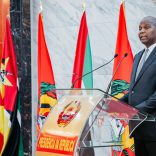
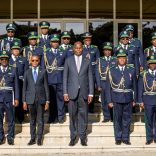
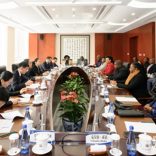
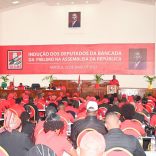





Leave a Reply
Be the First to Comment!
You must be logged in to post a comment.
You must be logged in to post a comment.